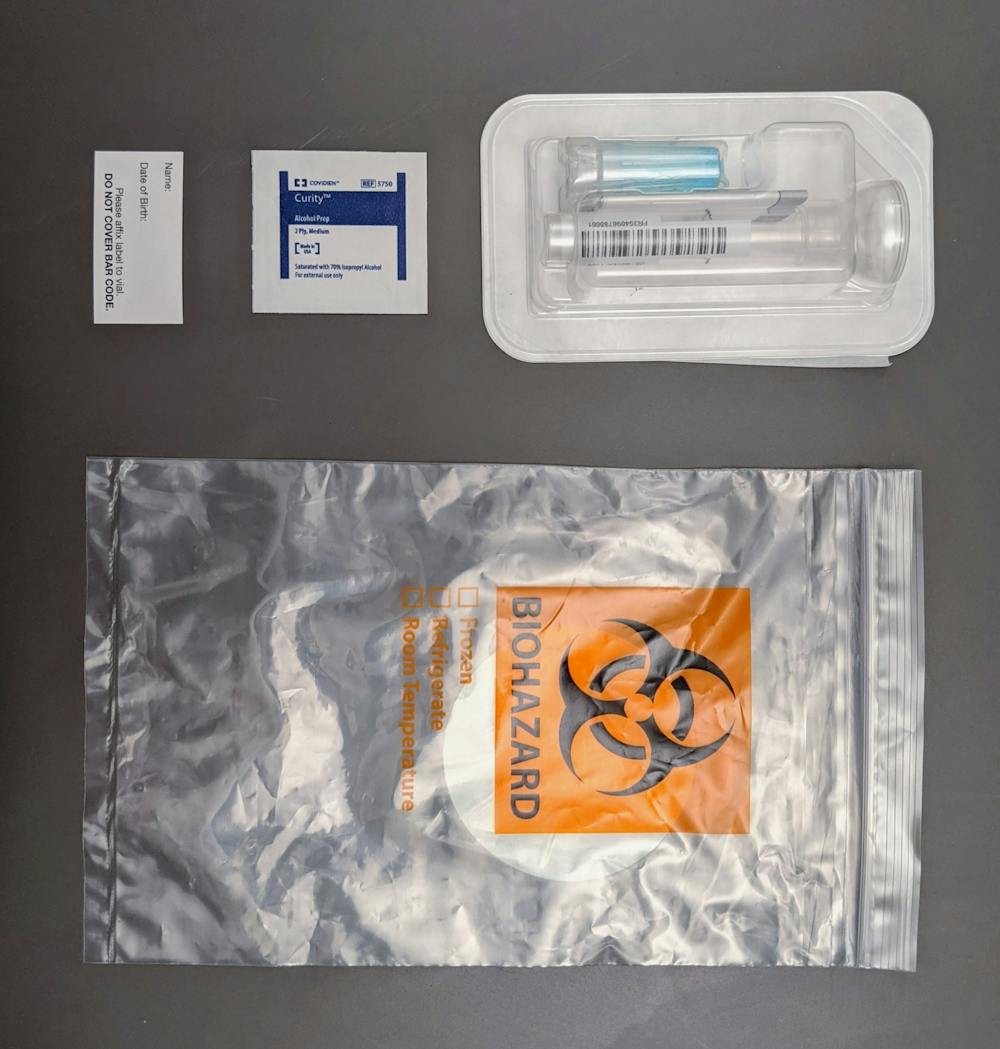Last Friday, the University’s COVID-19 testing lab announced via email that it will be switching to a “pooling” method for some saliva samples.
Pooling refers to the combining of multiple people’s saliva samples for testing, and was approved for the University by the New Jersey Department of Health. If a pooled-test result is negative, then all samples in the pool can be presumed negative — but if positive, each sample within the pool will be re-tested individually to determine which is positive.
According to the Centers for Disease Control and Prevention (CDC), “Pooling should be used only in areas or situations where the number of positive test results is expected to be low — for example in areas with a low prevalence of SARS-CoV-2 infections.”
Since Jan. 1, Princeton’s positivity rate has fluctuated between 0.06 percent and 0.38 percent in its asymptomatic testing protocol.
The University’s email — signed by COVID-19 Response Lead Physician Irini Daskalaki and Professor of Molecular Biology Daniel Notterman — states that students can expect to see “different wording” on the online results for their weekly COVID-19 tests once pooling is implemented. Negative results analyzed using pooling will say “Presumptive Not Detected,” and negative results not using pooling will say “Not Detected,” as previously.
According to a U.S. Food and Drug Administration webpage, pooling has “a greater likelihood of false negative results, particularly if not properly validated” due to sample dilution.
However, the University email states that the lab submitted validation data to the N.J. Health Department in its bid for approval.
“The Lab has run extensive testing based on strict guidelines that indicate that pooled testing will not make it more likely that a positive result will be missed,” Daskalaki and Notterman wrote. “We will continuously review the ability to detect positive samples in pooled testing.”

According to the email, pooling will begin in “the next week or so.”
To learn more about the University’s COVID-19 testing facility, listen to this interview from Daybreak.









